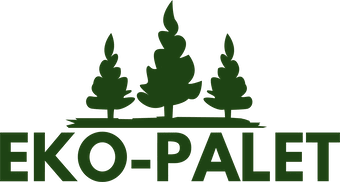Pine Pellets
A type of biofuel made from waste pine wood. Pellets are small cylindrical pellets produced by pressing wood waste under high pressure. Pine pellets are known for their high calorific value and are an environmentally friendly source of energy.
Features:
- Size:6mm
- Wood: Made from pure pine wood or pine waste (sawdust, shavings, chips) without adding chemical binders
- Density: The high density of pellets (approximately 650-700 kg/m³) ensures efficient combustion and high calorific value
- Humidity: Low moisture content (up to 10%) promotes better combustion and reduces smoke emission
- Calorific value: High calorific value (about 4.5-5.0 kW/kg), making them an efficient fuel
Usage:
- Heating private houses: Used in pellet boilers and stoves for heating private houses, cottages and summer cottages
- Industrial heating: Used at enterprises for heating industrial premises and offices
- Thermal power plants: Used as fuel for small thermal power plants
- Communal and public buildings: Used for heating schools, hospitals, administrative buildings
- Agriculture: Used for heating greenhouses, livestock farms and other agricultural facilities
Advantages:
- Environmentally friendly: Using a renewable energy source reduces CO2 emissions and reduces the impact on the environment
- Efficiency: High calorific value ensures efficient combustion and fuel economy
- Convenience of use: Pellets are convenient to transport, store and use, take up less space than firewood or coal
- Low ash content: Low ash level (about 0.5-1%), which reduces the amount of waste and the need for frequent cleaning of furnaces and boilers
- Quality stability: Pine pellets have stable quality parameters, which ensures predictable equipment operation
Where to used:
- Private households
- Industrial enterprises
- Utility institutions
- Agriculture
- Thermal power plants
Pine pellets are a reliable, environmentally friendly and efficient type of biofuel that is widely used in various fields to provide heat and energy.
